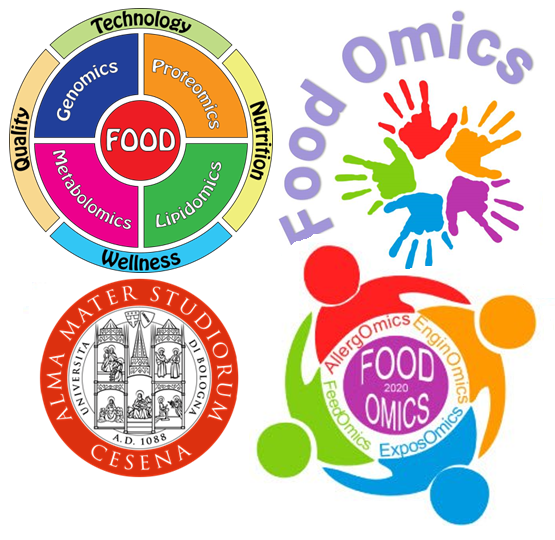Foodomics is a scientific approach, integrating genomics, transcriptomics, proteomics and metabolomics, applied to define the molecular profile of food and humans in a holistic way. By studying food consumption from a health perspective, foodomics creates knowledge helping to prevent diet related diseases. Although it is not a conventional analytical approach, foodomics is a system approach exploiting high throughput advanced analytical platforms providing spectral data on the metabolomes. Indeed, at the end of the omics cascade, metabolomics provides a complete qualitative and quantitative overview on the whole set of substances that make up food and the humans fed with it.
Different platforms can be used to investigate the metabolites’ profile, such as GC-MS and LC-MS, but thanks to modern ADCs, the use of NMR has several advantages. It is reproducible, it has an easier sample preparation and, even if less sensitive than other techniques, thanks to its dynamic range, NMR supplies, in one shot, detailed and reliable information, spanning several orders of magnitude, on the molecular composition of the biological material observed, completely resuming the metabolomic status of a biological living system.
Each NMR spectrum is a snap, acquiring thousands data, thus requiring big data analysis and artificial intelligence to be interpreted. The concept of pattern recognition is intrinsic in the NMR spectroscopy, as even the single molecule generates not a peak but a set of signals, composed by multiple features distributed across the spectrum. For this reason, the NMR spectrum of a complex mixture, being it either a food extract or a biological fluid, is a unique fingerprint that could be considered a true proxy of the real metabolome, just like a digital twin of the physical system that is representing. Foodomics aims at discovering relationships among fingerprints of food and humans’ metabolomes, and builds models that are able to predict the consequence of a diet on a population.
The Bio-NMR laboratory, located at the Food Science Campus of the University of Bologna, is one of the leading institutions that has been dealing with the topic of foodomics for decades.
You may find a list of some interesting papers published in 2023 about the foodomics approach by following this link


Interesting topic, and what are the recent advances in the area of Foodomics
Thank you for your comment. In my post, I have added a link to a list of papers published in 2023 describing research that exploits the foodomics approach